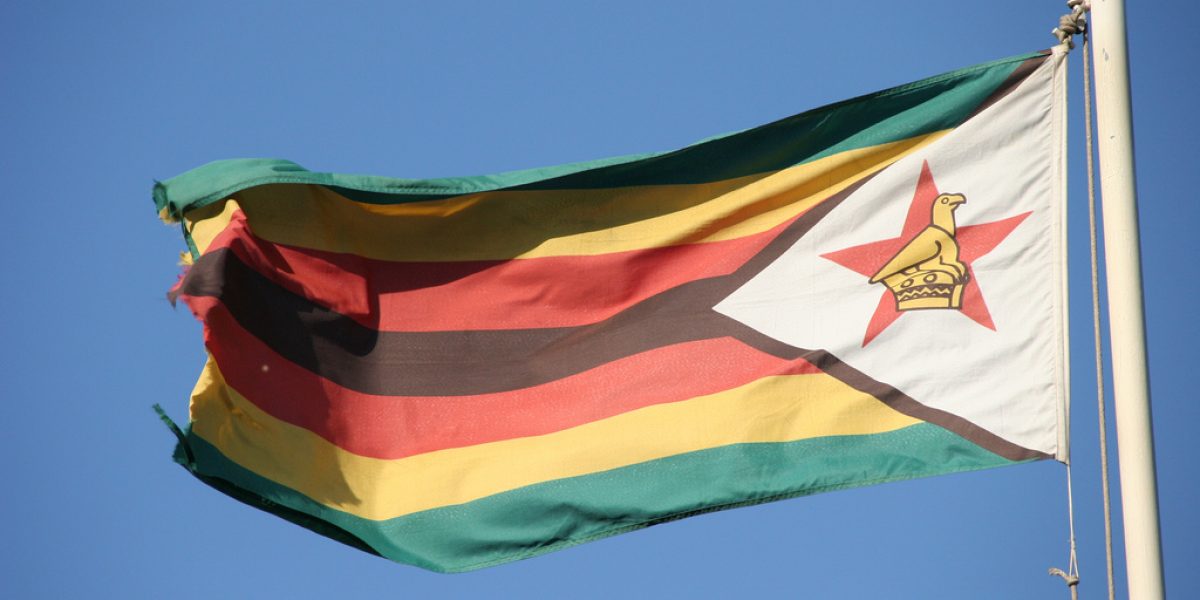No matter how much leaf the two southern African countries grew, they were no match on the auction floor in either quantity or quality for neighboring Zimbabwe.
Now that’s changing. If industry forecasts hold, Zambia will grow almost three times more tobacco this year than it did in 2000, from 4,300 tonnes to 12,000 tonnes, and Malawi will almost double its yields, from 10,700 tonnes in 2000 to 18,000 tonnes – impressive gains for two poor and landlocked countries that needed convoys of donated food to weather the past two years of drought.
During the same period, Zimbabwe’s tobacco output has withered from 237,000 tonnes in 2000 to an estimated 60,000 tonnes this year.
Flight to New Fields
The reason for this reversal of fortunes is simple and, most likely, enduring: What Zimbabwean President Robert Mugabe chased away, his neighbours courted.
‘It is our people, it is Zimbabwean expertise that they are using,’ said Duncan Miller, president of the Zimbabwe Tobacco Association (ZTA), appraising the rapid crop gains across Zimbabwe’s borders. ‘The big tobacco multinational companies say they are expanding tobacco output in countries like Zambia, Mozambique and Tanzania. But all that is driven by Zimbabwean knowledge and expertise.’
For much of the past four years, as their country has crumbled under Mugabe’s increasingly desperate and despotic rule, economic stakeholders and political observers have nursed the hope that Zimbabwe could be quickly rebuilt once the old man is gone. A favourable change in government, the thinking went, would rouse goodwill among donors and restore investor confidence. But the swift changes in regional tobacco production over the same period suggest a harsher truth: Mugabe’s controversial land acquisition policies have so altered domestic and regional agriculture that whoever ultimately succeeds him will have to reconstruct a national economy permanently bereft of crucial pieces.
‘More than two-thirds of the country’s 1,500 commercial tobacco growers have been run off their land. Some have sought refuge in the urban areas. Many more have been lured by neighbouring governments competing for Zimbabwe’s spoils and big tobacco companies looking for more stable places to do business. There is no doubt about the pivotal role tobacco plays in the economy,’ said John Robertson, a Harare-based economist. ‘A drop in tobacco earnings means loss of revenue for the government to pay for fuel, electricity and other essential imports. Downstream, other industries will also be seriously and negatively affected.’
Angered by an opposition-led defeat of his proposed new constitution in a February 2000 referendum, which included provisions allowing the state to confiscate white-owned commercial farms without compensation, Mugabe marshalled bands of pro-government militants to seize the lands.
The president says he’s only righting a colonial wrong. Two decades after independence, almost all of Zimbabwe’s most fertile fields were still owned by about 4,000 whites. In the past four years, the government has forcibly retaken 95% of those lands – more than 11 million hectares.
Critics accuse Mugabe of manipulating a powerfully emotive issue to remain in office, thereby exacerbating an economic crisis already underway; the International Monetary Fund suspended balance-of-payments support in 1999.
Poor rains have added to the woes, resulting in severe food shortages. Agriculture was the backbone of Zimbabwe’s economy and tobacco accounted for 45% of its annual foreign currency earnings.
A System Collapses
Inflation now hovers just below 600% and 7 out of every 10 working-age Zimbabweans can’t find a job, according to government statistics and independent analyses.
Prior to Mugabe’s land reforms, Zimbabwe was second only to Brazil in global tobacco exports. The industry was highly evolved. Farmers, free to grow as much tobacco as they wanted, sold their bales on world-famous auction floors to multinational corporations that, in turn, processed the leaf in factories inside Zimbabwe.
The Zimbabwe Tobacco Research Board, jointly funded through contributions from tobacco farmers and the government, gave technical and specialised services to boost production and improve quality. The ZTA, meanwhile, provided marketing support to the farmers.
Spooked by the chaos and violence of Mugabe’s policies, the big British and American companies that invested billions of dollars over the years building factories in Zimbabwe have begun transplanting the means and methods of tobacco production to safer environments.
None of the three major multinational tobacco companies in Zimbabwe – the American-controlled Dimon Zimbabwe and Zimbabwe Leaf Tobacco and the British-owned British American Tobacco Zimbabwe – would divulge how many farmers they have so far recruited to leave Zimbabwe or how much money they have invested in the exercise.
But ZTA marketing information executive Rodney Ambrose said Zimbabwe is losing more than just farmers. ‘You have to appreciate that the Zimbabwe tobacco production model has proved to be workable and successful over the years and this is what they want to transfer into the region,’ he said. ‘Some of our technical staff are moving into the region. Even here at ZTA we have lost some people who have been recruited to go and start tobacco growers associations and guide farmers in those countries.’
Zimbabwe is already losing vital market-share to its top international competitors. Brazil, for example, is expecting to produce 200,000 tonnes more tobacco this year than last year, in an apparent move to fill the void left by Zimbabwe’s declining yields.
Although obviously concerned about the immediate economic impact of tobacco’s collapse, Ambrose is deeply troubled by the long-term damage. He worries that once the big tobacco companies shift their investments to neighbouring countries, they may never come back.
The upheavals in Zimbabwe have taught the companies to minimise risk by diversifying their operations across the region, said Jim van Heerden, the executive director of Zimbabwe’s Tobacco Traders Association. The group represents multinational tobacco merchants in the country.
John Down, executive director of Tobacco Association of Zambia, estimates that the multinational companies have already invested about $35 million in the past 12 months sponsoring Zimbabwean farmers to start tobacco farming in that country.
Ironically, the same governments that have refused to criticise Mugabe publicly over the past few years have eagerly welcomed the farmers he has expelled and encouraged them to settle permanently in their countries.
‘The government of the Republic of Zambia has welcomed the farmers,’ Down said. ‘The farmers, in turn, have helped expand the production of tobacco and food crops such as maize and in the process are also helping create employment for local people.’
On the other side of Zimbabwe, Soares Nhaca, the governor of Manica province in central Mozambique, said in January 2004 about 100 Zimbabwean farmers have resettled there and were helping to boost production of tobacco, cotton and maize. In the process, he said, they have already created about 4,000 local jobs.
Both Down and Nhaca said that while the Zambian and Mozambican authorities welcomed the Zimbabwean farmers, they were taking a cautious approach, hoping to avoid recreating in their own countries Zimbabwe’s pattern of race-based inequalities in land ownership.
‘Obviously, the Zambian government is aware and the farmers who are coming to establish their businesses here are aware,’ Down said. ‘No one wants to let what happened in Zimbabwe happen here.’






